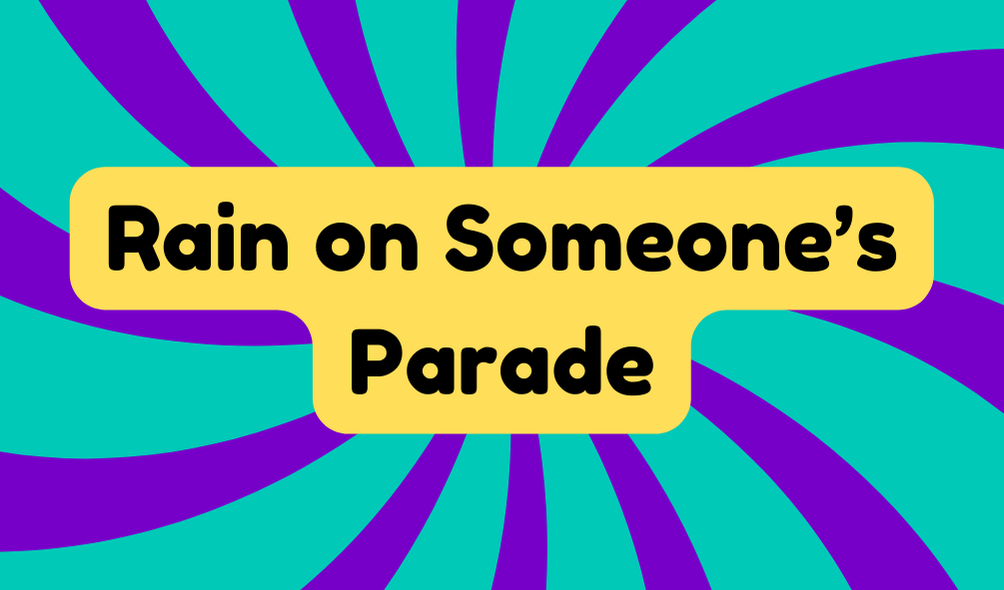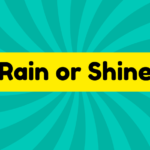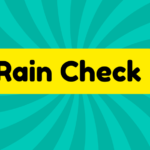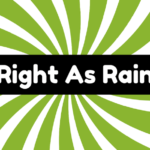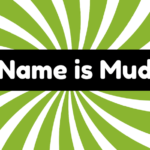The expression "rain on someone's parade" refers to actions or comments that dampen someone's joy or success. It connects to phrases like "burst someone's bubble" and "put a damper on" that highlight the emotional impact of negativity. This phrase originated in the early 20th century, gaining popularity through literature and songs, such as Barbra Streisand's 1964 hit. In contemporary settings, it often reflects how celebratory moments can be interrupted by unforeseen challenges or criticism. Understanding its relevance helps navigate both personal and shared experiences, illustrating how joy can be impacted by others' words and actions, inviting further exploration of this concept.
Synonyms
The expression "rain on someone's parade" encompasses various synonymous phrases that convey similar sentiments. These phrases articulate the nuance of disrupting someone's enjoyment or success, effectively illustrating the challenges individuals face when confronted with negativity. Importantly, these synonyms highlight how someone can inadvertently burst a bubble of joy or dampen spirits. Consider the following:
- Burst someone's bubble
- Throw cold water on
- Spoil the fun
- Put a damper on
Such expressions emphasize how unwelcomed comments or situations can intrude on moments of happiness, leading to feelings of disappointment. Understanding these terms is essential, as they illuminate social dynamics where one's enthusiasm is unwittingly undermined, reminding us of the delicate balance between truth and sensitivity in our communication.
Example of Sentences
Various synonymous expressions enrich our understanding of the idiom "rain on someone's parade," providing a framework to explore its practical usage in everyday situations. Such expressions often evoke varying emotional responses while influencing cultural context. Consider the following examples that illustrate this idiom's scope:
- "I hate to rain on your parade, but the event has been canceled due to weather concerns."
- "She didn't want to rain on his parade, so she withheld the bad news until after his celebration."
- "Telling him about budget cuts would rain on his parade after his successful presentation."
- "Criticizing her idea during the meeting would rain on her parade and dampen her enthusiasm."
These sentences highlight the idiom's cultural impact and emotional nuance, reminding us to navigate sensitive interactions carefully.
Origin
Emerging as a colloquial expression in the early 20th century, the idiom "rain on someone's parade" has its roots in early publications, particularly appearing in the 1912 edition of the Schenectady Gazette. This phrase likely emerged within a specific historical context reflecting societal sentiments around personal achievement and joy. Its cultural significance intensified over the decades, especially as it resonated with audiences experiencing both expectations and setbacks. Remarkably, the expression gained further popularity through Barbra Streisand's iconic 1964 song "Don't Rain on My Parade," which cemented its place in mainstream dialogue. This phrase now serves as a lens through which we can discuss the balance between optimism and reality, allowing for critical reflection on how we navigate joy in the face of adversity.
Collocations
Collocations related to the idiom "rain on someone's parade" enhance its meaning and usage in various contexts. They provide a richer understanding of how disruptions or disappointments can impact celebrations. Such phrases are essential for articulating the nuanced feelings tied to these events.
- Savoring success: Reminds us to appreciate achievements before disruptions occur.
- Potential spoilers: Highlights those who may inadvertently create celebration disappointments.
- Unwanted distractions: Emphasizes how distractions can overshadow joyous moments.
- Unexpected hurdles: Points out that surprises can lead to parade disruptions.
These collocations serve as effective tools for communicating the complexity of emotions when one's joy is dimmed. A keen awareness of these terms helps frame discussions around experiences that can spoil happiness and tarnish special occasions, ideally fostering greater sensitivity in dialogue.
How to Use in Everyday Language
While steering through social interactions, you may find the idiom "rain on someone's parade" particularly useful for conveying the impact of negative news on someone's positive experience. This expression is effective for using idioms to articulate the sometimes harsh reality we face. When conveying bad news, consider how it might diminish the joy others feel. For example, while celebrating a colleague's success, revealing budget cuts can considerably alter their enthusiasm. Understanding the context is vital—your intention should not shift from expressing emotions to inadvertently causing disappointment. Adopting such idioms allows for nuanced communication, indicating awareness of others' feelings while maintaining your candidness. Ultimately, the thoughtful application of language can foster greater empathy in our exchanges.
Why Is It Still Relevant Today?
Why does the expression "rain on someone's parade" remain a powerful and relevant idiom in contemporary discourse? This phrase encapsulates the cultural significance of negative disruption during moments of joy. In society, where personal achievements are increasingly celebrated, its emotional impact resonates deeply. Disappointment, especially during significant life events, can permeate individual experiences, causing feelings of letdown. Today, in an age of social media and public displays of success, the potential for someone to undermine joy remains prevalent. The idiom not only reflects personal interactions but also highlights societal expectations. As organizations and individuals endeavor for innovation, the risks of criticism and negativity threaten enthusiasm, making this expression as significant now as it was over a century ago.

